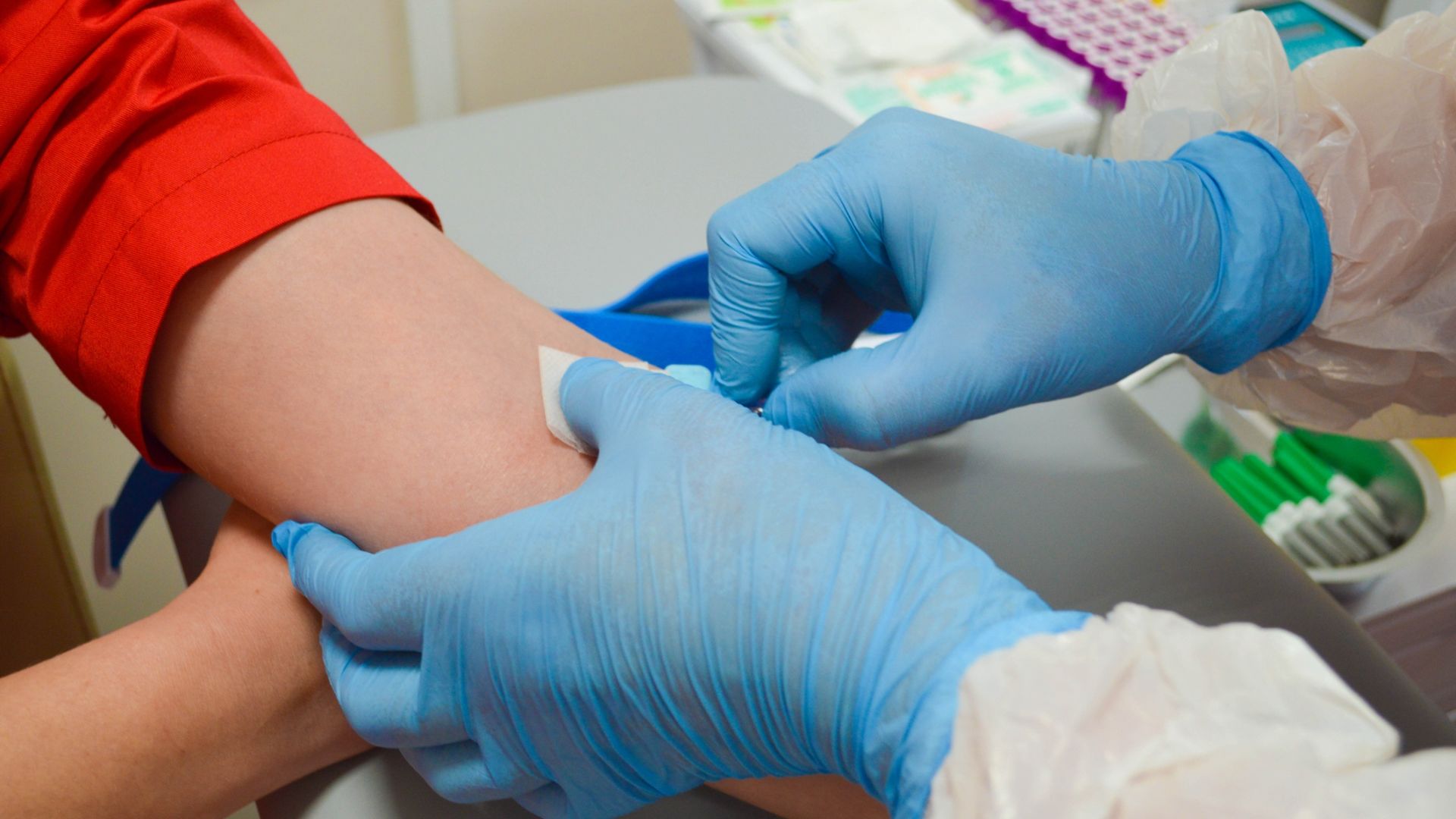People with hereditary angioedema (HAE) often need help from a caregiver.
In many cases, caregivers are family members, but a caregiver can be any friend or loved one who is able to provide help and support.
A caregiver may help with administering medications, helping with chores or errands, and communicating with healthcare providers. Caregivers can also be an important source of emotional support—something that is essential when living with a chronic and complicated condition like HAE.
Whatever role a caregiver fulfills, it’s important to have a good understanding of HAE and what is happening in the body when a person has HAE.
People who have HAE experience recurring episodes or attacks of severe inflammation that can affect any part of the body—including the throat and airways, a potentially life-threatening situation that requires emergency medical treatment.
If you are acting as a caregiver for someone with HAE, below is some essential information to understand about HAE attacks.
When do HAE attacks occur?
Episodes of acute hereditary angioedema do not follow a pattern and can be difficult to predict. The areas of the body affected, the severity of symptoms, and the duration of symptoms vary from person to person, and episode to episode. Some people experience attacks more frequently than others.
While symptoms do not follow a predictable pattern, some patients report experiencing specific symptoms in the hours or days before an HAE attack begins. These include:
- Fatigue
- Muscle aches
- Non-itching red rash
- Tingling in the area that will be affected
- Irritability or changes in mood
- Abdominal pain, nausea and other gastrointestinal symptoms
It is not yet known how common or frequent these symptoms are in patients with HAE. Like other HAE symptoms, these vary between patients, and are not considered a reliable way to predict attacks.
However, in at least one study, a large percentage of people with HAE reported they could feel when an attack was in the near future.
What can trigger an HAE attack?
Though most HAE episodes are not correlated with any identifiable trigger, some episodes are triggered by specific events. A list of known possible triggers for HAE episodes includes:
- Mental stress
- Physical exertion
- Surgery
- Dental procedures
- Minor traumas
- Illness (for example, the flu)
Certain medications may also cause more frequent HAE attacks and more severe symptoms. These include medications that contain estrogen, such as oral contraceptives and hormone replacement therapy, and ACE inhibitors, a medication used to treat high blood pressure.
Women with HAE also report more frequent HAE episodes during menstruation, during pregnancy, and while breastfeeding.
Preventing HAE attacks
Treatment for HAE falls into two broad categories—therapies that prevent attacks from occurring (these are called prophylactic therapies) and therapies that reverse attacks when they occur (called rescue therapies).
Preventive treatments can be either short term or long term. Short-term preventive treatments may be prescribed prior to a surgery or dental work.
Long-term preventive treatments are taken regularly to prevent attacks from occurring and to reduce the severity of attacks that do occur.
Some preventive treatments are administered by a healthcare provider. Others can be self-administered or administered by a caregiver.
Treating HAE attacks
There are a number of treatments taken to reverse acute attacks when they occur. Again, some are administered by a healthcare provider, while others can be self-administered or administered by a caregiver.
Another reason why caregivers should be aware of the signs, symptoms, and potential triggers—HAE attacks should be treated as early as possible. Early treatment can reduce the severity of the attack and the duration of the attack.






